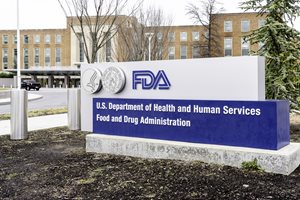The US Food and Drug Administration (FDA) has laid out its thinking on the ethical and physiological issues sponsors should consider when planning to run clinical pharmacology studies for pediatric products. The agency acknowledges that such studies may not always be warranted but in cases where benefits significantly outweigh the risks, they may help better understand a drug or biologic’s risk-benefit profile.
On 7 September, the FDA published the draft guidance titled, General Clinical Pharmacology Considerations for Pediatric Studies of Drugs, Including Biological Products. In the guidance, the agency distills its thinking on how pediatric pharmacology studies for drugs and biologics may be conducted. The document specifically looks at clinical pharmacology, ethical and pediatric trial design considerations.
“The measurement or prediction of a drug’s pharmacokinetics (exposure) and pharmacodynamics (response) is essential to the clinical pharmacology assessment,” FDA said. “It is important to describe the exposure-response relationship of a drug in the pediatric population when possible to enhance the understanding of effective dose ranges or support the ability to extrapolate information from older pediatric participants.”…














